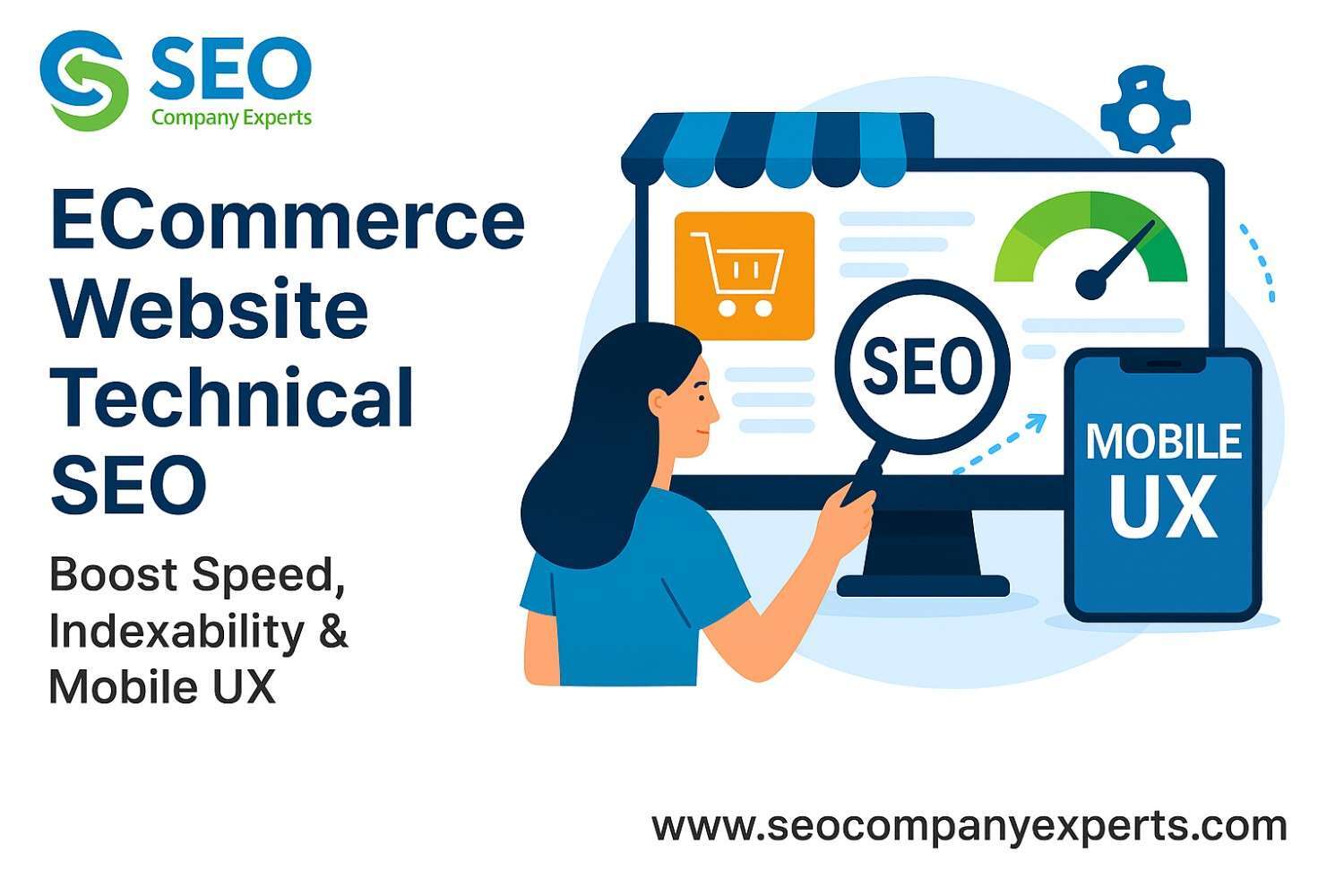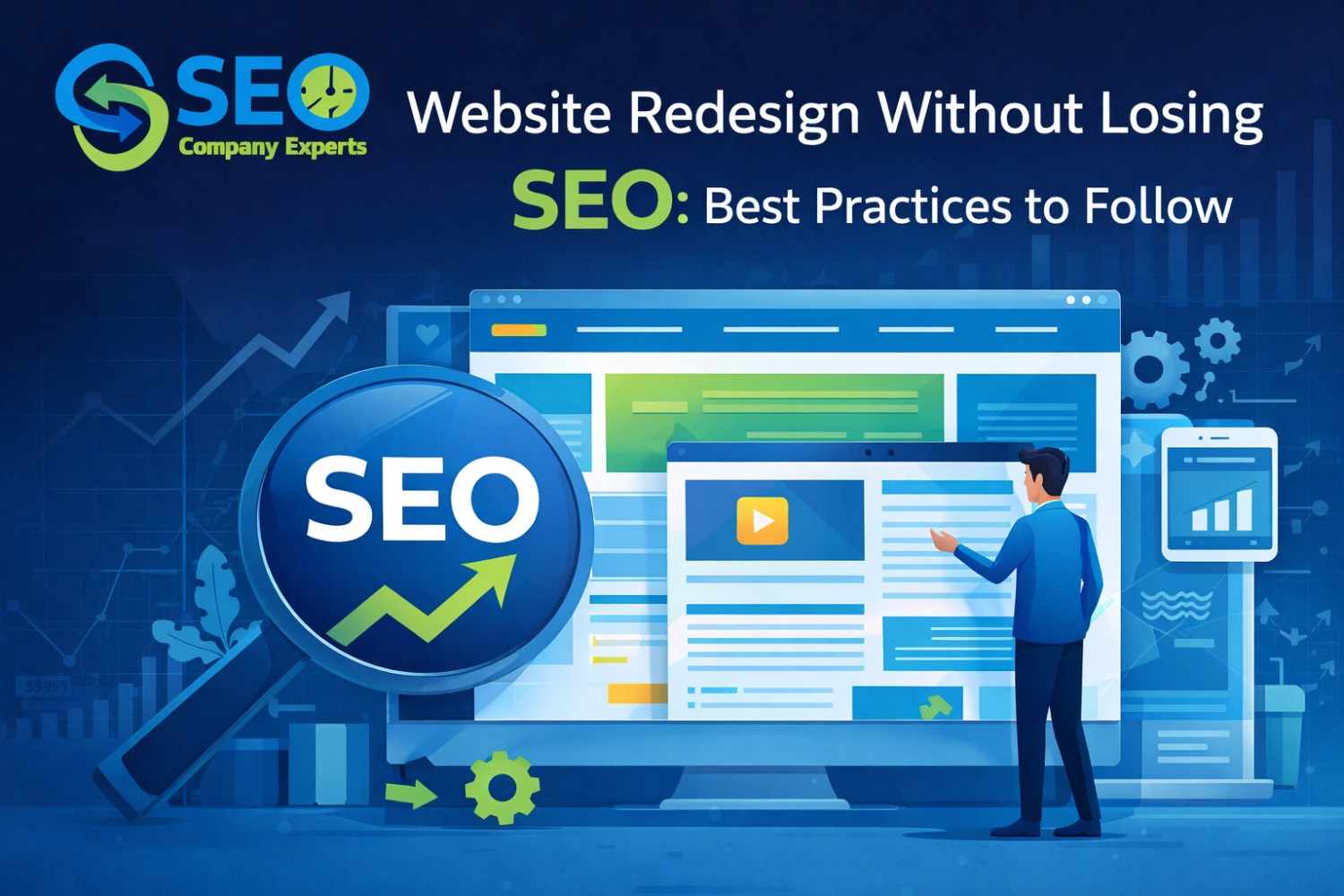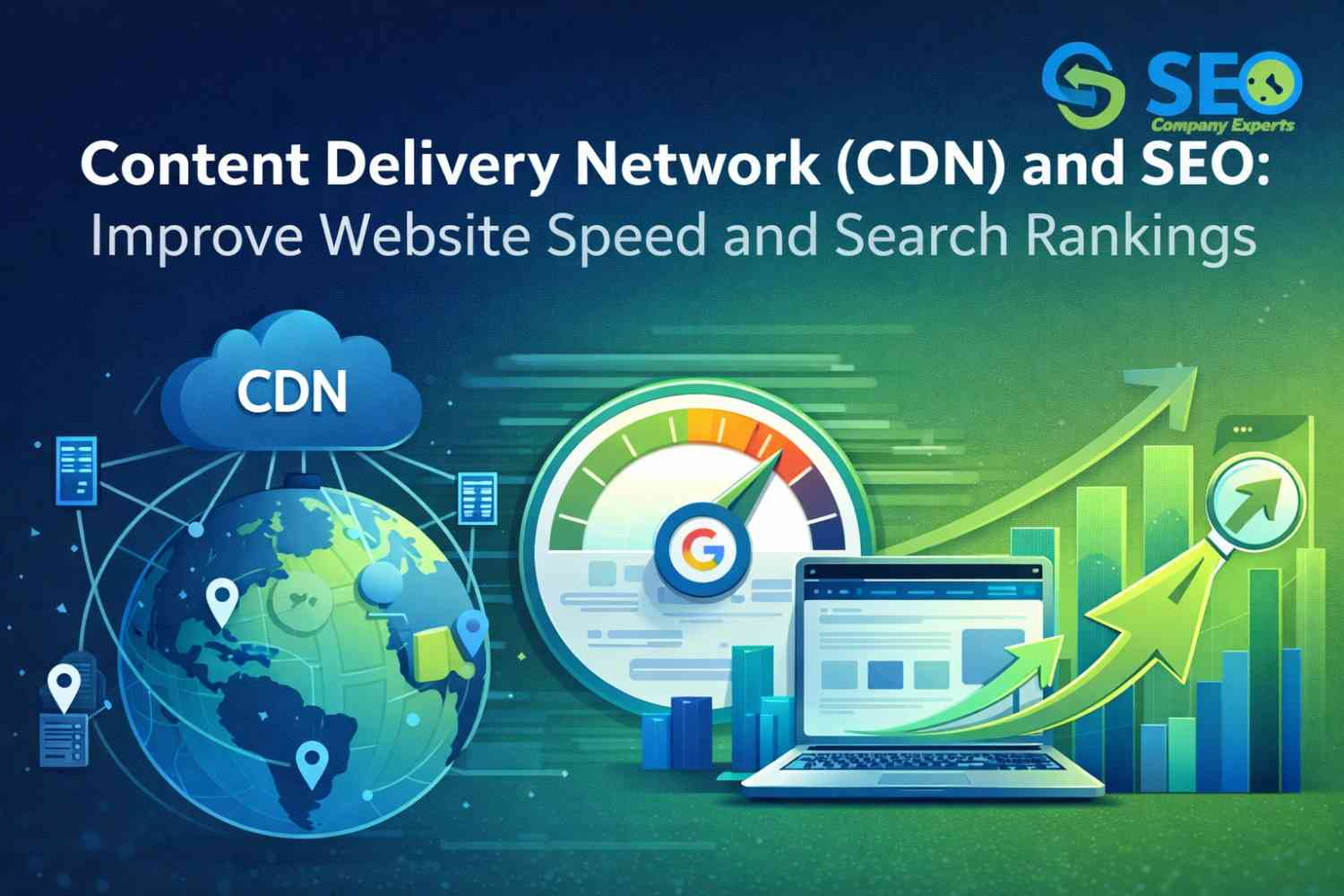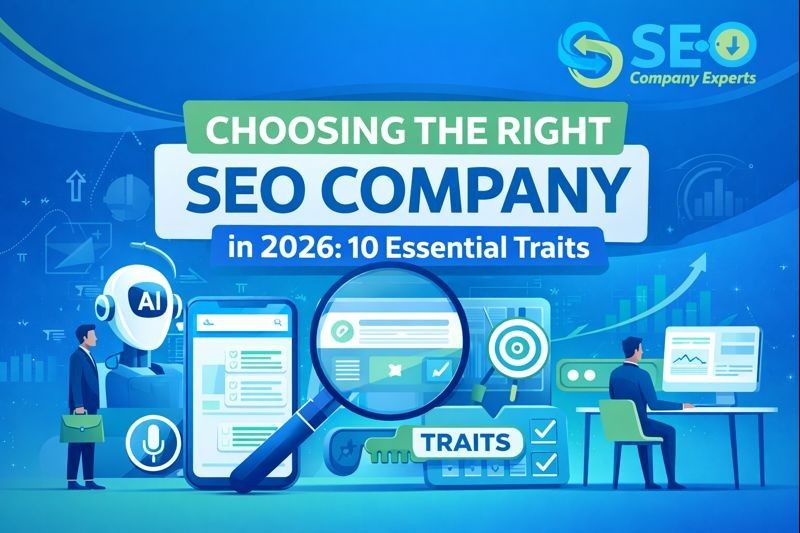

Did you know that a one-second delay in page load time can reduce eCommerce conversions by 7%? For an online store generating $100,000 per day, this translates to a potential revenue loss of $2.5 million annually. In today’s competitive digital marketplace, where 53% of mobile users abandon sites that take longer than three seconds to load, technical SEO has become the invisible force that separates thriving eCommerce businesses from those struggling to survive.
Most eCommerce site owners focus heavily on product descriptions, marketing campaigns, and customer service while overlooking critical technical foundations. However, search engines can’t recommend what they can’t properly crawl, index, or understand. From poor site architecture that confuses search bots to mobile UX issues that frustrate potential customers, technical SEO problems silently drain organic traffic and revenue. An ecommerce technical SEO audit isn’t just a diagnostic tool—it’s your roadmap to unlocking hidden growth potential and ensuring your products reach customers actively searching for them.
Why eCommerce Businesses Need a Technical SEO Audit
Technical SEO issues silently sabotage eCommerce success by blocking search engines from properly crawling and indexing your products. Poor site performance creates cascading problems that reduce organic visibility, frustrate users, and directly impact revenue generation.
Hidden Cost of Technical SEO Issues
Technical SEO problems in eCommerce sites create a domino effect that impacts every aspect of online performance. When search engine crawlers encounter broken internal links, slow-loading product pages, or poorly structured URLs, they struggle to understand and rank your content effectively. This directly translates to lower search rankings, reduced organic visibility, and ultimately, decreased revenue.
The financial impact is staggering. Research shows that technical SEO issues can reduce organic traffic by up to 40%, while mobile usability problems affect 61% of users’ likelihood to return to a site. For eCommerce businesses, where organic search drives an average of 23% of revenue, these technical barriers represent millions in lost sales opportunities.
How AI Search Is Changing eCommerce SEO Requirements
The emergence of AI-powered search engines and generative search results has fundamentally shifted how eCommerce sites must optimize their technical infrastructure. Traditional SEO audit for ecommerce approaches no longer suffice in an era where AI algorithms analyze content depth, user intent, and semantic relationships to deliver results.
Technical SEO audit for AI search now requires optimization for featured snippets, voice search queries, and AI Overview appearances. Search engines increasingly favor sites with structured data markup, fast loading speeds, and content that directly answers user questions. This evolution means your ecommerce technical SEO audit must include AI-specific optimizations alongside traditional technical elements.
Mobile-First Indexing: Why Mobile UX Is Critical
Google’s mobile-first indexing means your eCommerce site’s mobile version primarily determines search rankings. Why is mobile UX important for SEO? Because 79% of smartphone users have purchased online using their mobile device in the past six months, making mobile optimization directly tied to revenue generation.
Poor mobile UX doesn’t just hurt SEO rankings—it devastates conversion rates. Sites with optimal mobile experiences see 67% higher conversion rates than those with subpar mobile functionality. Mobile UX in ecommerce SEO audit encompasses everything from touch-friendly navigation to streamlined checkout processes that keep customers engaged throughout their buying journey.
Complete eCommerce Technical SEO Audit Framework
A systematic approach to technical SEO auditing ensures no critical issues are overlooked in your optimization efforts. This comprehensive framework addresses foundation elements, performance metrics, mobile optimization, and AI-specific requirements for modern eCommerce success.
Phase 1: Foundation Analysis
How to audit ecommerce website technical SEO begins with comprehensive foundation analysis. This phase examines site architecture, URL structure, and crawlability issues that prevent search engines from properly accessing your content. Start by analyzing your site’s XML sitemap, robots.txt file, and internal linking structure to identify bottlenecks in search engine discovery.
LLM-friendly crawlability audit techniques focus on ensuring your content structure aligns with how AI systems process and understand information. This includes implementing proper heading hierarchies, creating clear content relationships, and optimizing for semantic search queries that AI algorithms prioritize.
Phase 2: Speed & Performance Evaluation
Ecommerce website speed audit methodology involves testing Core Web Vitals across all device types and connection speeds. Focus on Largest Contentful Paint (LCP), First Input Delay (FID), and Cumulative Layout Shift (CLS) metrics that directly impact both user experience and search rankings.
Site speed audit optimized for AI Overviews requires special attention to above-the-fold content loading and structured data implementation. AI systems favor fast-loading, well-structured content when selecting information for featured snippets and overview displays.
Key performance metrics to evaluate:
- Page load speed across different devices
- Time to interactive (TTI) for product pages
- Server response times and hosting performance
- Image optimization and compression effectiveness
Phase 3: Mobile UX Assessment
AI-optimized mobile UX audit for ecommerce goes beyond responsive design to examine touch interactions, loading prioritization, and conversion path optimization. Evaluate how your mobile site performs in AI-powered search results and voice search scenarios where users expect immediate, accurate responses.
Ecommerce mobile optimization checklist essentials include touch target sizing, streamlined navigation, optimized product filtering, and accelerated mobile page (AMP) implementation where applicable. Each element should enhance both user experience and search engine understanding of your mobile content.
Phase 4: AI & LLM Optimization Review
Ecommerce technical audit for generative SEO examines how well your site’s technical infrastructure supports AI-driven search features. This includes schema markup implementation, content structure optimization, and ensuring your technical setup enables rich snippet generation.
Schema markup for AI understanding requires implementing product schema, review schema, and FAQ schema that help search engines extract and display your information in AI-generated responses. Content structure should prioritize clear, hierarchical organization that AI systems can easily parse and reference.
Essential Technical SEO Elements for eCommerce Success
Building a technically sound eCommerce site requires mastering core elements that impact both user experience and search engine performance. These foundational components work together to create seamless interactions that convert visitors into customers while maximizing organic visibility.
Site Architecture & Crawlability Optimization
Effective eCommerce site architecture balances user navigation with search engine crawlability. URL structure should reflect your product hierarchy logically, using descriptive paths like /category/subcategory/product-name rather than generic parameter-based URLs. This approach helps both users and search engines understand your content organization.
Internal linking strategies for large product catalogs require careful planning to ensure link equity flows effectively throughout your site. Focus on creating topic clusters where related products and categories link to each other, establishing clear relationships that search engines can follow and understand.
Page Speed Optimization for Product Pages
Image optimization remains the most impactful speed improvement for eCommerce sites, where product photos comprise the majority of page weight. Implementing WebP format images with lazy loading can reduce page load times by up to 35% while maintaining visual quality that drives conversions.
Database query optimization becomes critical for sites with extensive product catalogs and filtering options. Efficient database queries ensure that product searches, category pages, and filtering functions load quickly even during high-traffic periods.
Essential speed optimization techniques:
- Compress and optimize all product images
- Implement browser caching for static resources
- Minimize CSS and JavaScript files
- Use content delivery networks (CDNs) for global reach
Mobile UX Technical Requirements
Progressive Web App (PWA) implementation offers eCommerce sites the ability to deliver app-like experiences while maintaining web accessibility. PWAs can improve mobile loading speeds by up to 50% while providing offline browsing capabilities that enhance user engagement.
Touch target sizing and spacing directly impact mobile conversion rates. Ensure all clickable elements meet the minimum 44px touch target size recommended by accessibility guidelines, with adequate spacing to prevent accidental taps during the checkout process.
Advanced eCommerce Technical SEO Audit Techniques
Modern eCommerce sites require sophisticated audit approaches that leverage AI tools and handle enterprise-scale challenges. These advanced techniques identify complex issues across thousands of pages while providing actionable insights for continuous optimization and competitive advantage.
AI-Powered Audit Tools & Methodologies
Modern Ecommerce SEO services leverage AI-powered tools that can analyze thousands of pages simultaneously, identifying patterns and issues that manual audits might miss. These tools provide insights into content quality, technical performance, and optimization opportunities across entire product catalogs.
Automated crawling systems can monitor your site continuously, alerting you to new technical issues as they arise. This proactive approach prevents minor problems from escalating into significant SEO challenges that could impact organic traffic and revenue.
Large-Scale eCommerce Audit Challenges
Managing technical SEO for sites with 10,000+ product pages requires specialized strategies and tools. Duplicate content identification becomes particularly challenging when dealing with product variants, seasonal items, and multiple category assignments that create similar page content across different URLs.
International eCommerce considerations add complexity layers including hreflang implementation, multi-currency technical setup, and localized content management that must maintain technical SEO integrity across different markets and languages.
Common eCommerce Technical SEO Issues & Solutions
Even well-maintained eCommerce sites develop technical problems that gradually erode search performance and user satisfaction. Understanding these common issues and their solutions enables proactive maintenance that prevents minor problems from becoming major revenue obstacles.
Product Page Optimization Issues
Duplicate product descriptions plague many eCommerce sites, particularly those using manufacturer-provided content across multiple retailers. Search engines penalize duplicate content, making unique, optimized product descriptions essential for ranking success. Focus on creating distinctive descriptions that highlight specific product benefits and use cases.
Missing or poorly implemented schema markup prevents search engines from displaying rich snippets that can significantly improve click-through rates. Product schema should include pricing, availability, reviews, and detailed specifications that help search engines understand and display your products effectively.
Category & Navigation Problems
Deep page architecture issues force users and search engines to click through multiple levels to reach important products. Implement a flat site structure where most products are accessible within three clicks from the homepage, improving both user experience and crawler efficiency.
Pagination SEO problems commonly occur in category pages with extensive product listings. Implement proper pagination markup, ensure crawler accessibility to all paginated content, and consider infinite scroll implementations that maintain SEO effectiveness while enhancing user experience.
Mobile-Specific eCommerce Issues
Checkout process optimization for mobile devices requires streamlined forms, guest checkout options, and multiple payment method integration. According to the Baymard Institute, 69% of mobile shopping carts are abandoned, often due to complex checkout processes that frustrate mobile users.
Mobile payment integration impacts both user experience and technical SEO performance. Ensure payment processing doesn’t slow page loading and that payment pages maintain HTTPS security protocols that search engines require for ranking.
Measuring Technical SEO Audit Success
Tracking the right metrics determines whether your technical SEO investments deliver meaningful business results. An effective eCommerce SEO funnel guide combines technical performance indicators with revenue-focused analytics to demonstrate clear ROI and guide future optimization priorities.
Key Performance Indicators (KPIs)
Organic traffic growth metrics should be segmented by device type, product categories, and geographic regions to understand the full impact of technical SEO improvements. Track not just overall traffic increases but also improvements in search result rankings for target keywords and product queries.
Mobile usability scores from Google Search Console provide direct insight into how search engines evaluate your mobile experience. Monitor these scores alongside mobile conversion rates to ensure technical improvements translate to business results.
Performance tracking essentials:
- Organic search traffic growth by segment
- Page load speed improvements across devices
- Mobile conversion rate increases
- Search ranking improvements for target keywords
- Crawl error reduction percentages
ROI Calculation for Technical SEO Investments
Revenue attribution methods for technical SEO require tracking organic traffic value, conversion rate improvements, and customer lifetime value increases resulting from better user experience. Technical SEO improvements typically show ROI within 3-6 months, with continued benefits over time.
Long-term organic growth projections should account for compounding effects of technical improvements. Sites with strong technical foundations see sustained growth in organic visibility, while those with ongoing technical issues experience declining performance over time.
Ongoing Optimization Strategies
Monthly audit recommendations should focus on emerging technical issues, new optimization opportunities, and performance monitoring to maintain competitive advantage. Regular auditing prevents technical debt accumulation that can gradually degrade site performance.
Seasonal eCommerce considerations require adjusting technical optimization priorities based on traffic patterns, product launches, and promotional campaigns that create unique performance challenges during peak shopping periods.
Choose Professional eCommerce Technical SEO Services
Professional technical SEO services provide specialized expertise and enterprise-level tools that deliver superior results compared to DIY approaches. Partnering with experts accelerates optimization timelines while ensuring comprehensive coverage of complex technical requirements that drive sustainable growth.
Why Partner with SEO Experts
Professional Ecommerce technical SEO services provide specialized expertise that most internal teams lack. Technical SEO requires understanding of server configurations, database optimization, and advanced markup implementation that demands dedicated focus and continuous learning.
Comprehensive audit capabilities include enterprise-level tools and methodologies that can analyze large-scale eCommerce sites efficiently. Professional services also provide ongoing monitoring and optimization support that ensures your technical infrastructure evolves with changing search engine requirements and industry best practices.
What to Expect from Our Audit Process
Detailed technical analysis reports provide actionable insights into your site’s current performance and optimization opportunities. Our audits identify both quick wins and long-term improvements that deliver measurable ROI through increased organic traffic and conversion rates.
Priority-based recommendation roadmaps help you implement improvements systematically, focusing on changes that deliver the greatest impact first. Implementation support ensures technical changes are executed correctly and don’t inadvertently create new issues.
Ready to Optimize Your eCommerce Site?
E-commerce SEO services from experienced professionals can transform your site’s performance and unlock significant revenue growth. A comprehensive technical audit identifies quick wins alongside long-term optimization opportunities that compound over time to deliver sustained organic growth.
Technical SEO success requires ongoing commitment and expertise that professional services provide more cost-effectively than building internal capabilities. Contact SEO Company Experts today for a free consultation and discover how our ecommerce technical SEO audit can boost your site’s speed, crawlability, and mobile UX to drive measurable business results.
Conclusion
A comprehensive ecommerce technical SEO audit serves as the foundation for sustainable organic growth in competitive online markets. By addressing speed optimization, crawlability issues, and mobile UX challenges, eCommerce businesses can unlock hidden revenue potential while building technical infrastructure that supports long-term success. The investment in professional technical SEO services delivers measurable ROI through improved search rankings, increased organic traffic, and enhanced user experiences that drive conversions. Don’t let technical barriers limit your eCommerce growth—partner with SEO experts who understand the complexities of modern eCommerce optimization and can guide your site toward sustained organic success.





